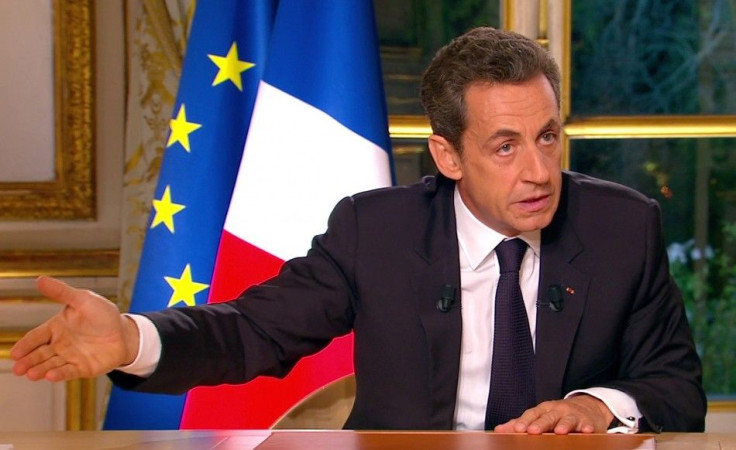Eurozone Debt Crisis 2011: China to the Rescue?

Although European leaders hammered out an agreement on Wednesday in Brussels to tackle the crippling Eurozone debt crisis – to great acclaim by global equity markets – questions remain over the plan’s efficacy and the ability of troubled euro nations to implement it.
Meanwhile, Klaus Regling, the chief of the Eurozone's bailout fund -- European Financial Stability Facility (EFSF) – is in Beijing seeking the financial assistance Chinese officials with respect to the debt malaise in Europe.
Reportedly, China might pay about 70 billion euros ($100 billion) into the EFSF, which is expected to be expanded to 1 trillion euros ($1.4 trillion) from the current 440 billion euros ($624 billion).
China, which has about $3 trillion in reserves, would likely want strong guarantees in exchange for any contributions it makes to save Europe.
However, Regling said nothing was definite.
Don't expect any precise outcome of our talks, he told Agence France Presse.
I cannot say today, and it's certainly far too early to say what kind of amounts might be envisaged.
Nicolas Sarkozy, the president of France who played a key (perhaps dominant) role in the Brussels summit, raised some eyebrows over comments he made about Greece, the most financially troubled member of the euro zone.
He said that while Greece may be rescued by the new deal, Athens probably should not have joined the euro in 2001.
Sarkozy told a TV program on Thursday that allowing Greece into the currency bloc was a mistake because the country had entered with false [economic] figures. It was not ready.
Meanwhile, despite the euro zone deal, the financial crisis in Italy has apparently worsened. Rome’s cost of borrowing has soared to an all-time high – the country paid 6.06 percent to borrow for 10 years at a bond auction on Friday, up from 5.86 percent the prior high.
© Copyright IBTimes 2025. All rights reserved.





















